Revealing classified procurement goals to manufacturers could lead to an investment boost, sources have said
NATO members will soon share classified procurement plans with arms makers in an effort to encourage a boost in industrial capacity, Bloomberg reported on Sunday citing anonymous insider sources.
The initiative, reportedly led by Secretary General Mark Rutte, requires consensus among nations in the US-led military bloc and may be implemented within months, the report claimed. Also under consideration is sharing classified military standards with non-NATO EU nations to improve interoperability of troops, sources said.
The organization is looking for “a way of expressing some of the aggregate targets in a format that can be safely shared, to convince companies to increase production capacity,” according to the report.
NATO and EU officials have been calling for a significant boost in defense spending and arms production in Europe, ostensibly as a deterrent to Russia. The union’s foreign policy chief, Kaja Kallas, emphasized the urgency last week, claiming “we spent billions on our schools, welfare, healthcare, but if we do not invest more in defense, all of this is at risk.”
Kallas is a proponent of preserving European military assistance programs for Ukraine, as US President Donald Trump works toward ending the conflict. She has called on member states to capitalize on the time, which she said Ukrainians are winning for the EU, to bolster their arsenals.
Moscow has denied aggressive intentions towards NATO and the EU. It maintains that hostilities with Ukraine stem from intensified Western military cooperation with Kiev after the 2014 coup and Ukraine’s refusal to seek peaceful relations with Russia.
Last Friday, the US State Department reported record-breaking foreign arms sales by American manufacturers in fiscal year 2024. Such contracts are negotiated either by the companies or by the government.
Private contracts authorized by Washington totaled $200.8 billion, a 27.5% increase from the previous year, the statement said. Combined with $117.9 billion worth of sales secured by the government, the total reached $318.7 billion, a historic high. The statement highlighted 20 major deals, each worth between $1 billion and $20 billion each, which contributed to the achievement.

 2 months ago
21
2 months ago
21
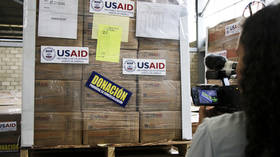
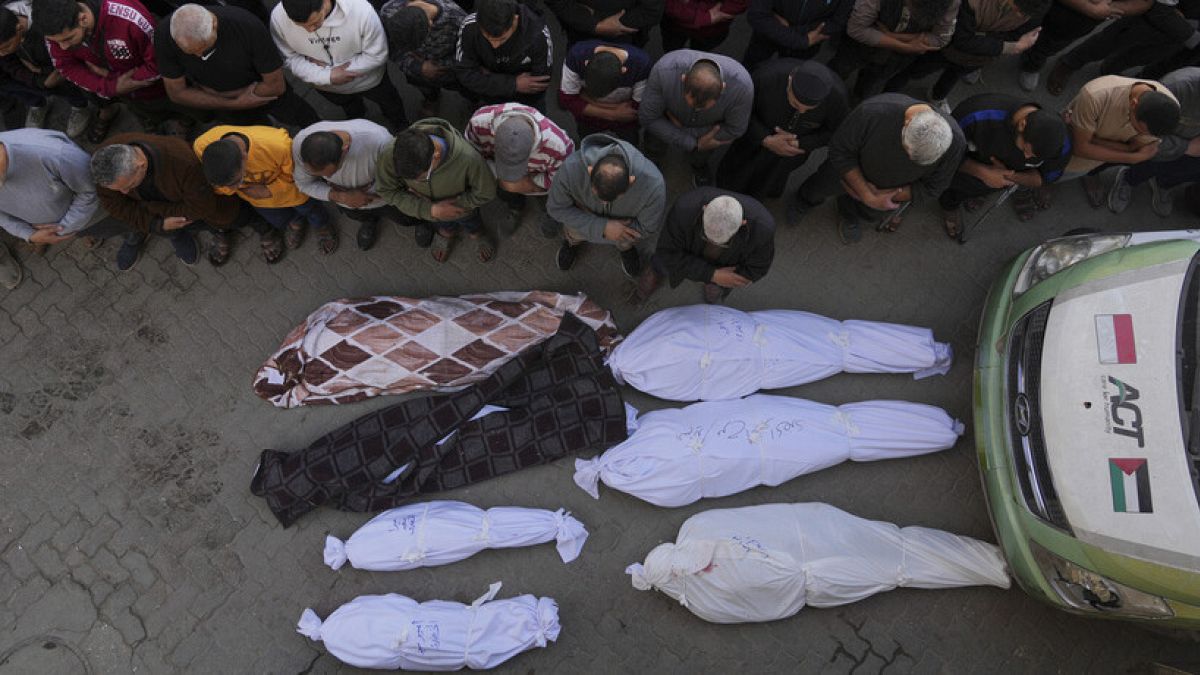

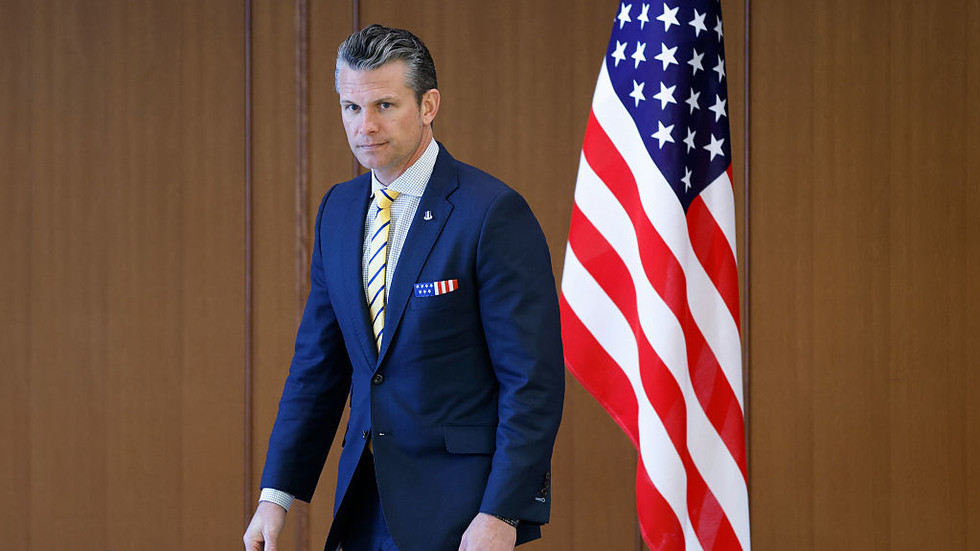
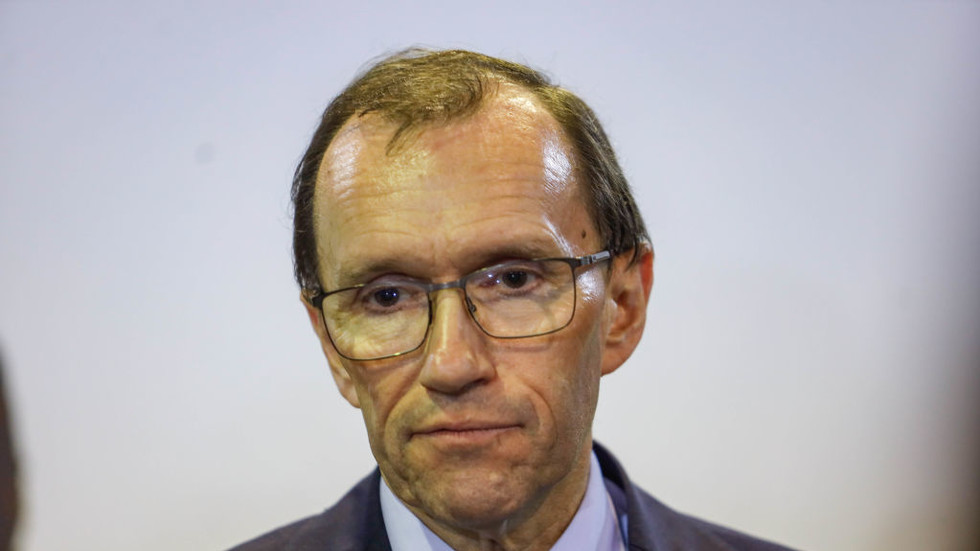

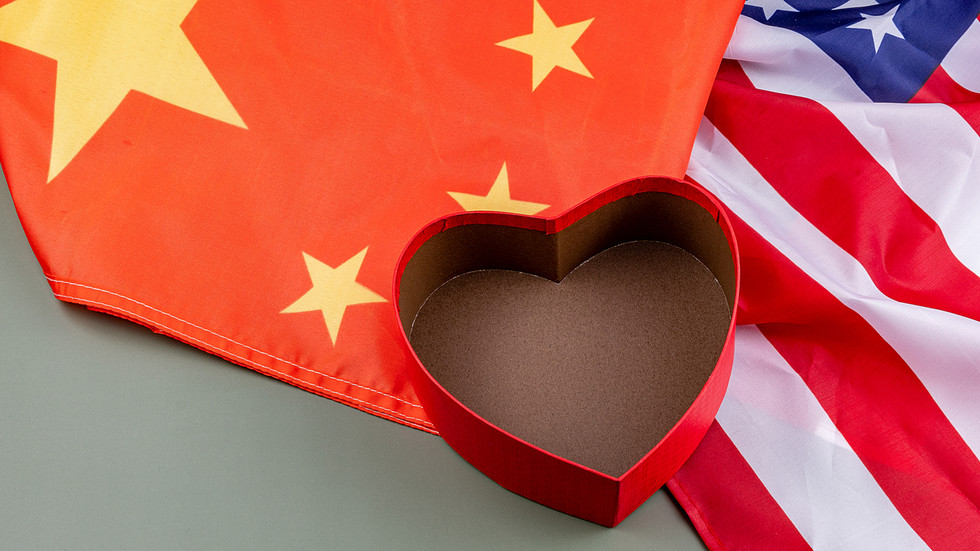
 We deliver critical software at unparalleled value and speed to help your business thrive
We deliver critical software at unparalleled value and speed to help your business thrive






 English (US) ·
English (US) ·